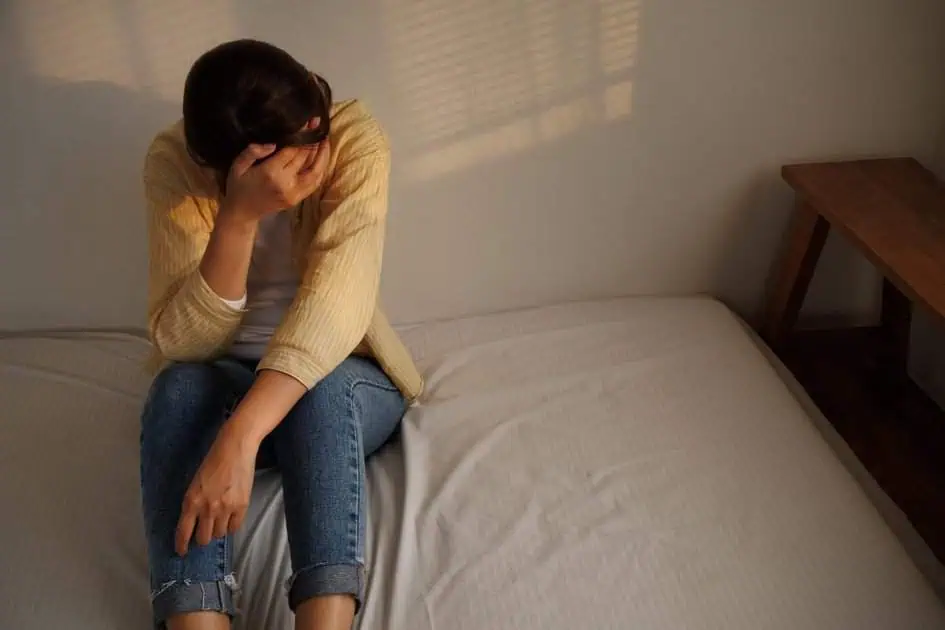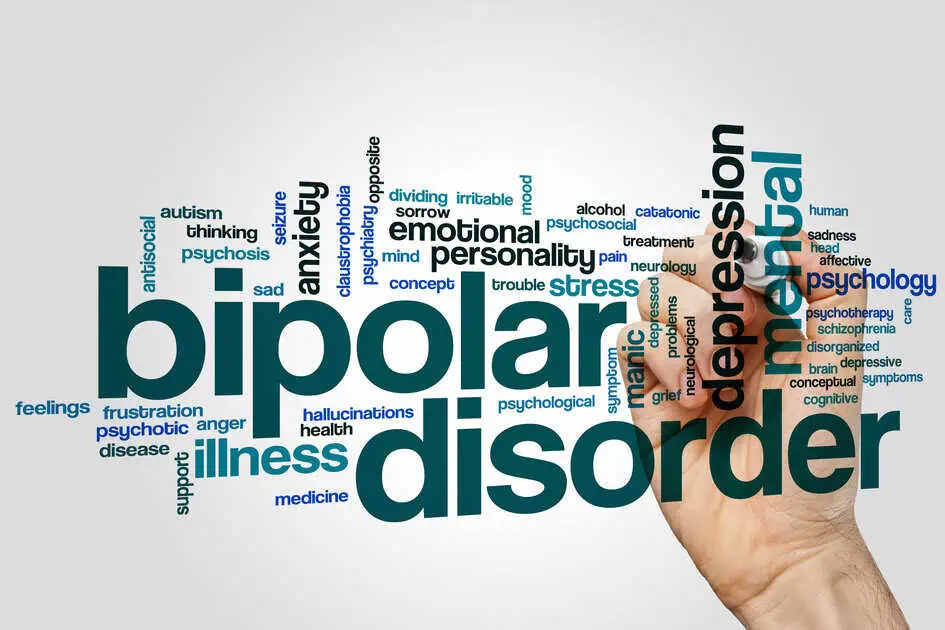Table of Contents
What is Depression, and How Does It Develop?
Depression is a multifaceted mental disorder. It is typically characterized by the following:
- Persistent feelings of sadness
- Lack of interest in activities
- Impaired daily functioning
Depression is more than a temporary emotional response to life’s challenges. It is a serious condition that requires understanding and treatment.
Development of Depression
A variety of factors can influence the onset of depression. Here are some of them:
- Genetic predisposition: Individuals with a family history of depression are more likely to develop the condition. This suggests that depression can have a genetic component.
- Life events and trauma: Major life challenges can trigger depression in some individuals. These would include the loss of a loved one, financial difficulties, or experiences of trauma or abuse.
- Environmental factors: Stressful environments can also increase the risk of depression. Lack of support and prolonged exposure to stressful situations trigger persistent sadness.
- Brain chemistry: Imbalances in neurotransmitters also play a key role in depression development. Neurotransmitters are chemicals that facilitate communication between brain cells.
- Chronic illness: Living with a chronic illness often means facing ongoing physical discomfort. In some instances, such a disease may even lead to reduced mobility or frequent medical treatments. These health challenges can wear down one’s mental resilience over time.
Depression develops over time. It is often the result of a combination of these factors. Understanding how depression originates and evolves can be crucial for individuals needing help. Professionals can also make use of this information to devise effective treatment plans.
Emotional Symptoms of Depression
One of the most telling signs of depression is emotional distress. While occasional sadness is part of life, depression implies prolonged emotional struggles. Below are the emotional symptoms of depression:
- Persistent sadness or hopelessness: Individuals with depression often report feeling down for extended periods. Sometimes, this happens without an apparent reason at all. The sadness may also escalate into feelings of hopelessness, which can be all-consuming and difficult to overcome.
- Anxiety and worry: Although depression and anxiety are distinct, they may also coexist. People with depression may experience constant worry, unease, or a sense of impending doom.
- Irritability and frustration: Depression is not always expressed in sadness. For some individuals, it is expressed through irritability or bursts of anger. These occur even over seemingly small matters.
Behavioral Symptoms of Depression
Depression also alters a person’s behavior. It impacts how they interact with the world. These changes could include:
- Changes in routine: Depressed individuals may experience noticeable shifts in habits. These include eating irregularities, neglecting hygiene, or skipping essential responsibilities.
- Reduced productivity: Simple daily tasks can feel daunting. In fact, many people with depression struggle to concentrate, complete a task, or make simple decisions.
- Social withdrawal: A hallmark of depression is pulling away from family and friends. Patients may avoid social interactions and even lose interest in activities they once enjoyed.
- Increased fatigue and lethargy: A marked decrease in energy levels can make even the smallest task seem insurmountable. This symptom often leads to an increase in sleep duration. For some, this can lead to insomnia.
Physical Symptoms of Depression
Depression has physical manifestations, too. Here are some actions that might be present among depressive individuals.
- Appetite and weight changes: Depression can suppress the person’s appetite, resulting in weight loss. On the other hand, some individuals may experience increased cravings for comfort foods. Thus, it can lead to weight gain.
- Unexplained aches and pains: Many patients with depression report headaches, joint pain, or other physical discomforts. Typically, these have no clear medical cause.
- Sleep disruptions: It could be insomnia or oversleeping. The point is there are apparent changes in sleep patterns. Both may worsen other symptoms, leading to a cycle that is difficult to break.
The Importance of Early Recognition
Recognizing depression early is vital for a number of reasons. The sooner an individual seeks help, the quicker treatment can begin. This potentially prevents other symptoms from worsening. Also, early intervention can reduce the risk of co-occurring conditions such as anxiety disorders or substance abuse.
How TMZ Behavioral Care Supports You
At TMZ Behavioral Care, we understand that each person’s experience with depression is unique. Our team in Davie, FL, tailors assessment plans to fit individual needs. We ensure that each of our clients receives the most effective care possible. Here’s how we can support you:
- Thorough Assessments: We have a team of skilled professionals who conduct comprehensive evaluations to identify the severity and type of depression.
- Ongoing Support and Counselling: We can create a treatment roadmap designed to help you feel better and empowered.
- Personalized Treatment Plans: Depression treatment does not stop after the initial session. We offer continued support to help patients maintain progress. Our program also extends to giving our clients a hand navigating the challenges that may arise.
- Comprehensive Depression Management: The silver lining for our patients is that 80% of those with depression can find relief with the proper treatment. At TMZ Behavioral Care, we offer a range of evidence-based solutions, such as:
- Individual counseling: Personalized one-on-one therapy sessions may help address underlying issues. This can also help develop effective coping strategies.
- Lifestyle modifications: You will receive guidance on healthy habits that promote better mental health. Examples are exercise, nutrition, and mindfulness techniques.
- Medication: We can provide our clients with proper medication. We will also instruct you on how to carefully manage your medications to experience optimal results.
- Group therapy sessions: We can endorse you to supportive group environments that provide a sense of community and shared experiences. These groups foster hope and mutual encouragement to overcome depression.
- Transcranial magnetic stimulation (TMS) therapy: This refers to an innovative, non-drug treatment that is FDA-approved. This in-office therapy utilizes magnetic fields. The latter can stimulate nerve cells in the brain. The TMS comes with relief for patients who have not found success with traditional methods.
When to Seek Professional Help
If you or someone you know experiences depression symptoms for more than two weeks, seeking help from a mental health professional is vital. Remember, depression is treatable. Many people find relief and a renewed sense of well-being with the right interventions.
Why Choose TMZ Behavioral Care?
Located in the heart of Davie, FL, TMZ Behavioral Care provides an emphatic and nonjudgmental environment. Here, our patients can feel safe and heard. Our team of mental health experts employs evidence-based practices to guide our patients toward recovery.
Get Professional Support for Depression at TMZ Behavioral Care Today!
FAQs about Depression and Treatment
What are some red flags that may indicate depression?
Here are some symptoms to watch out for:
- Persistent feelings of sadness
- Fatigue
- Loss of interest in activities
- Significant changes in sleep patterns
- Drastic appetite changes
If the stated symptoms are ongoing for the last two weeks, it may be time to ask for professional help.
How effective is treatment for depression?
Treatment effectiveness varies from one person to another. Several patients experience significant improvement following a comprehensive treatment plan.
How can I support a loved one who is depressed?
Here are the simple steps you can take:
- Offer a listening ear.
- Do not treat them with judgment.
- Encourage them to seek professional help.
- Remind them that support is available and depression can be treated.
Is depression a symptom of other mental health illnesses?
Yes, depression can be a symptom or a co-occurring condition of other mental health illnesses. It frequently overlaps with or arises alongside various psychological disorders. Here are some common mental health conditions where depression may be a symptom:
- Anxiety disorders
- Bipolar disorder
- Post-traumatic stress disorder
- Schizoaffective disorder
- Substance use disorders
- Personality disorders
- Chronic stress
References:
1 Core symptoms of major depressive disorder: relevance to diagnosis and treatment; Sidney H Kennedy; 2008 (https://pmc.ncbi.nlm.nih.gov/articles/PMC3181882/)
2 Major Depressive Disorder: Advances in Neuroscience Research and Translational Applications; Zezhi Li, Meihua Ruan, Jun Chen, Yiru Fang; 2021 (https://pubmed.ncbi.nlm.nih.gov/33582959/)
3 Depression: The Latest Research; Emily Delzell; 2023 (https://www.webmd.com/depression/depression-latest-research)





